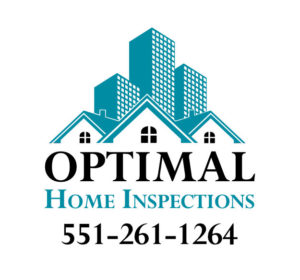When inspecting fireplaces and solid fuel burning appliances, a home inspector shall:
Inspect Fireplace
- Fireplaces and solid fuel burning appliances, without testing draft characteristics, excluding fire screens and doors, seals and gaskets, automatic fuel feed devices, mantles and non-structural fireplace surrounds, combustion make-up air devices, or gravity fed and fan assisted heat distribution systems; and
- Chimneys and combustion vents excluding interiors of flues and chimneys;
Describe Fireplace
- Type of fireplaces and/or solid fuel burning appliances;
- Energy source; and
- Visible evidence of improper draft characteristics.


